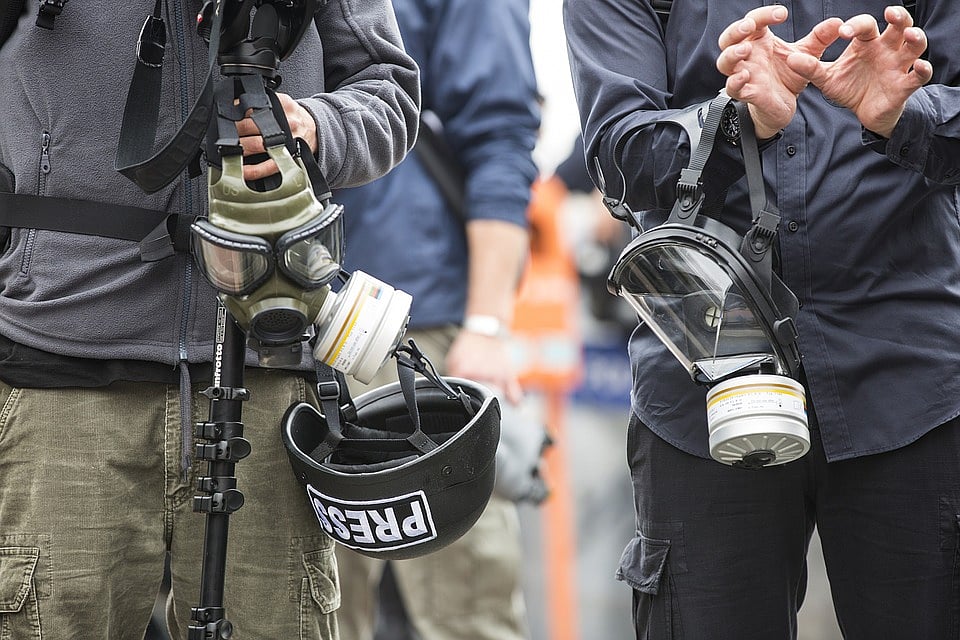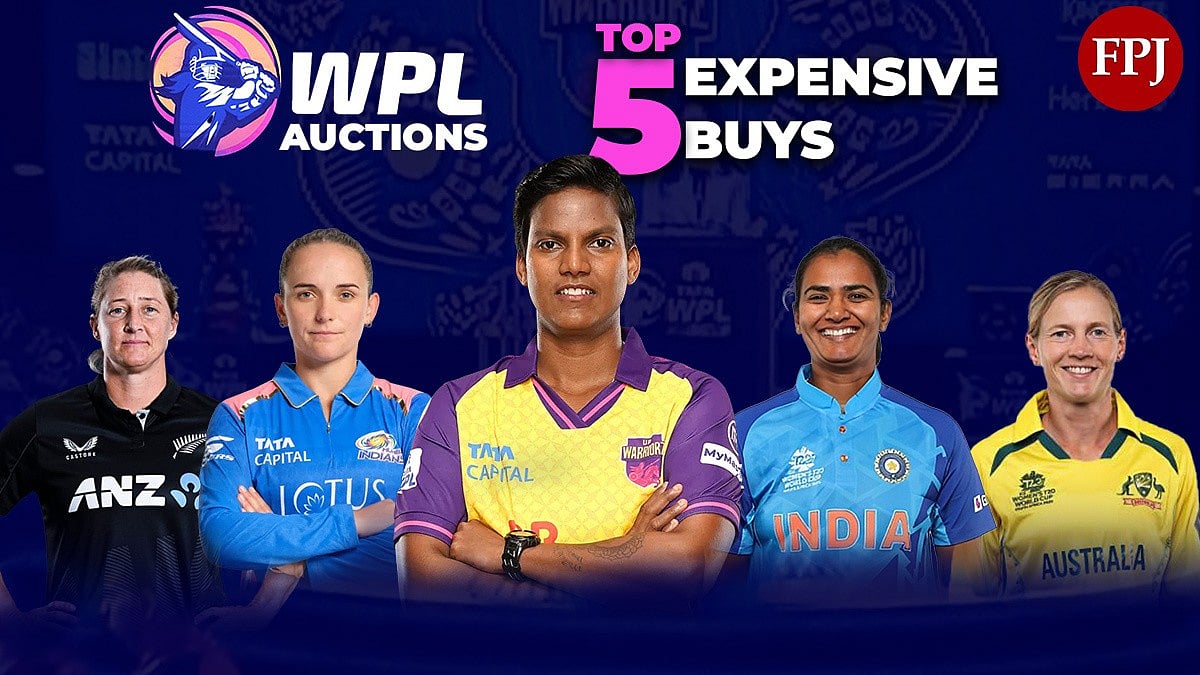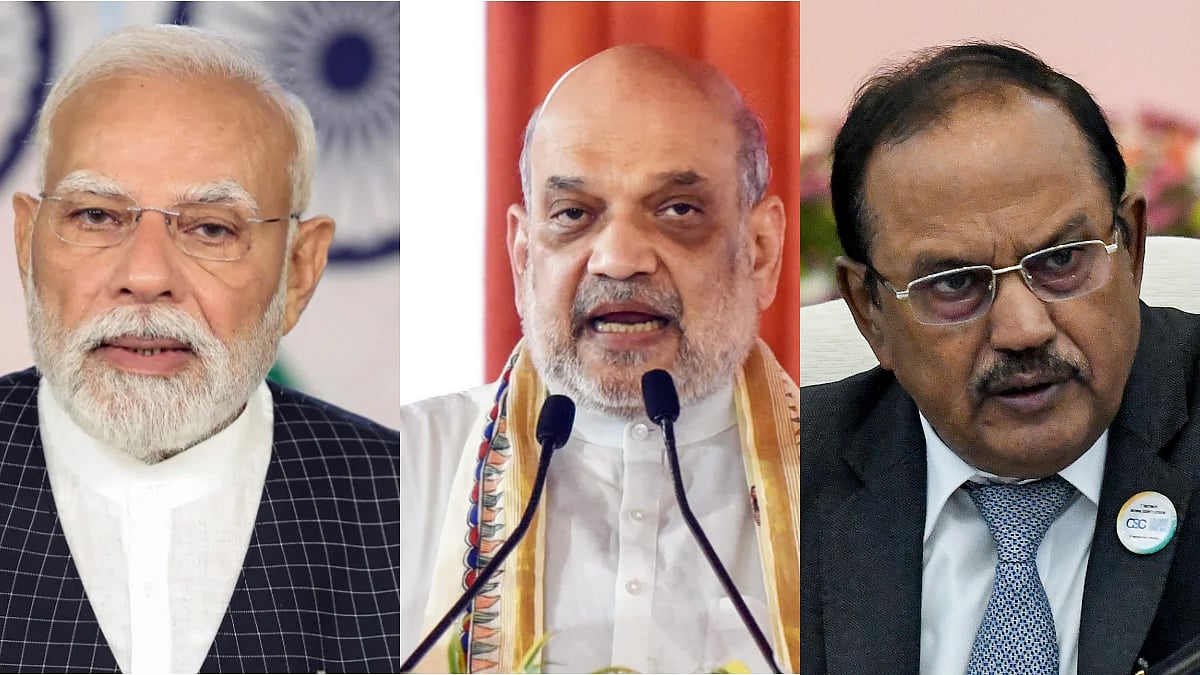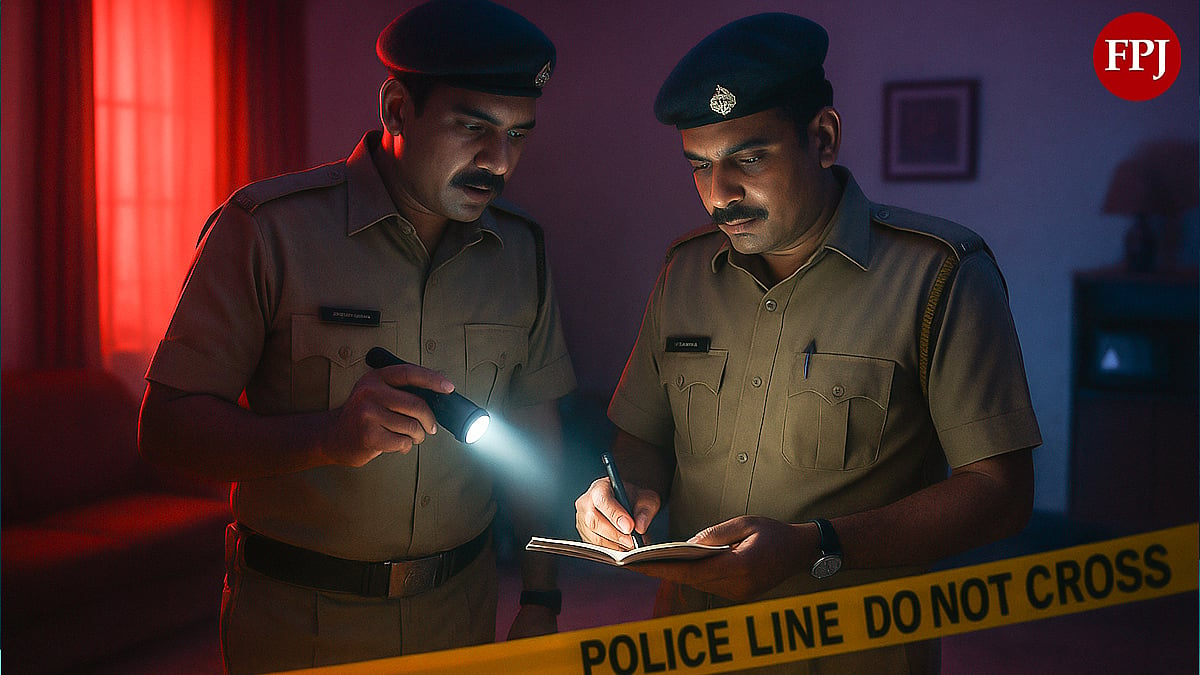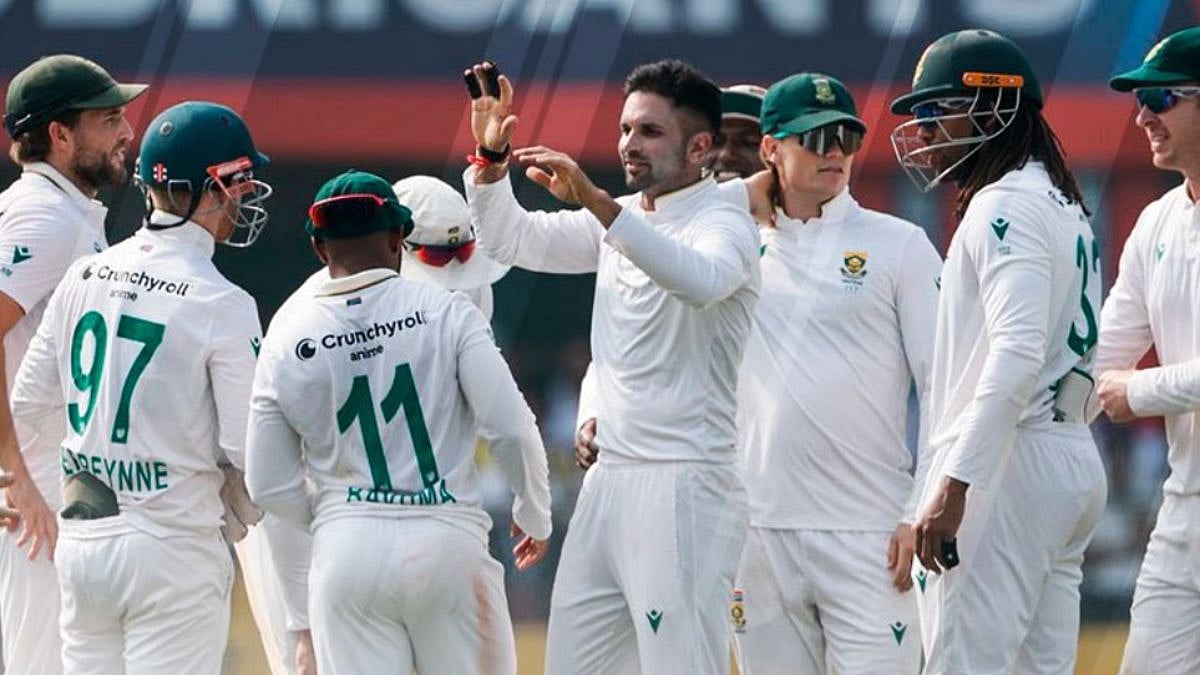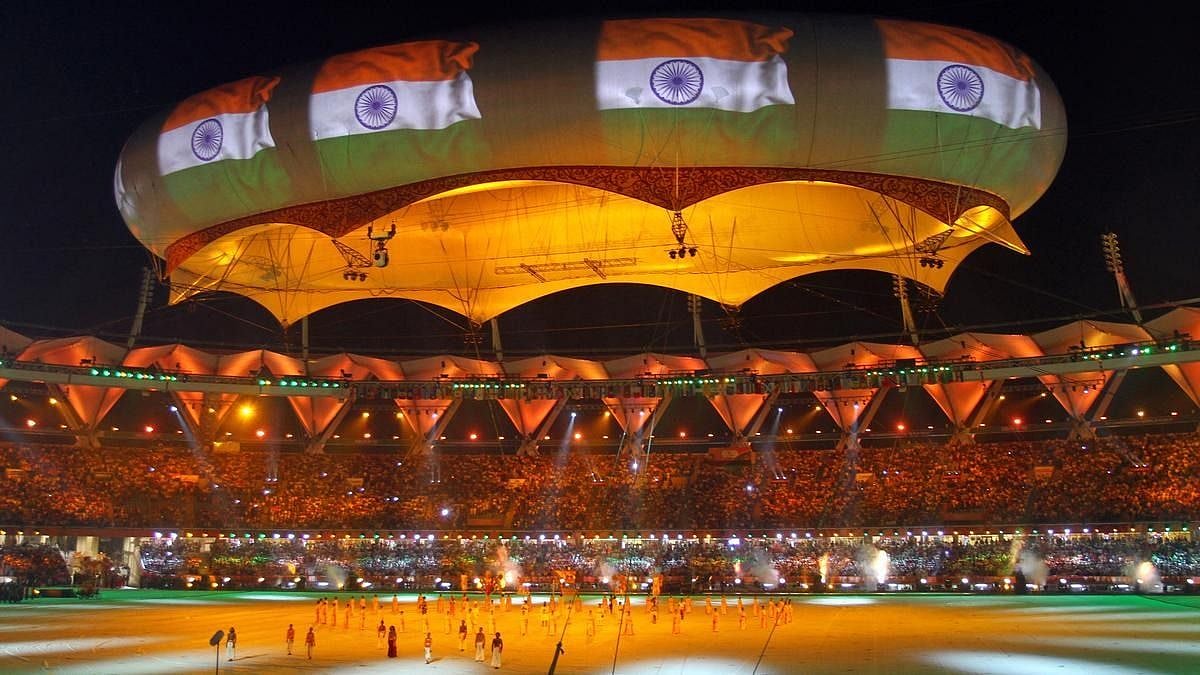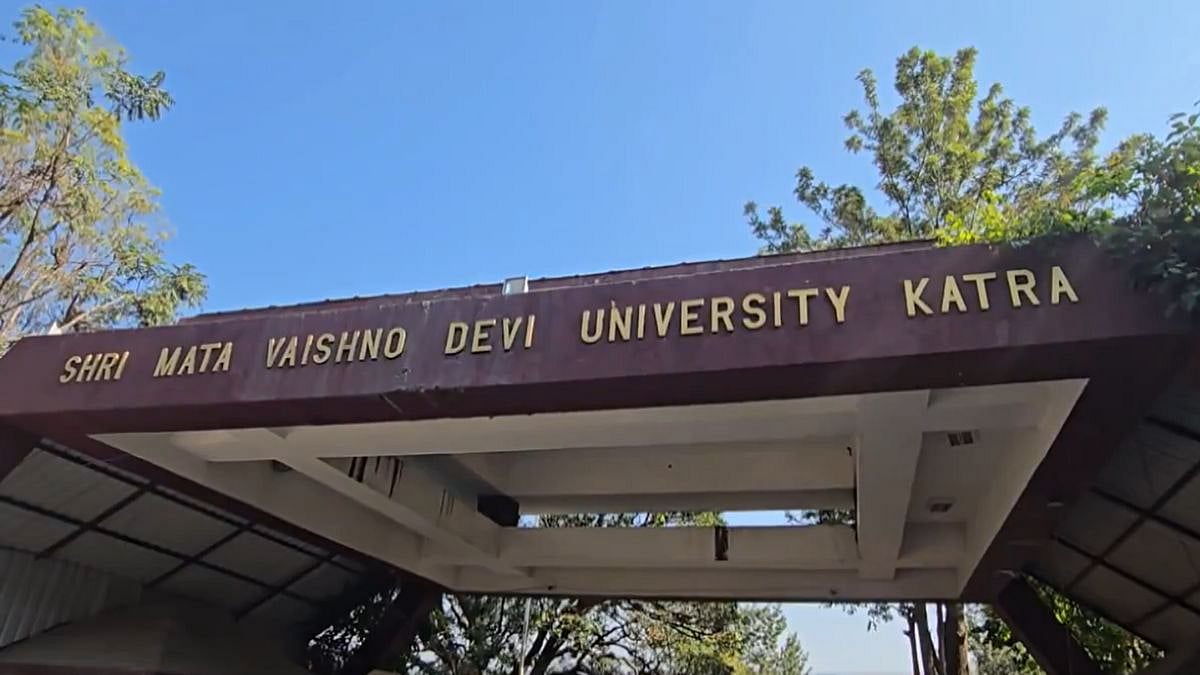Freedom of the press does not include the freedom to browbeat the police by telling them whom they cannot interrogate. Or for that matter to threaten the police that a high-profile TV anchor who owns his own channel will move the Bombay High Court to stymie further questioning.
This TV anchor, who was allegedly kept waiting outside the N.M. Joshi Marg police station, did not want his Chief Financial Officer to be questioned. But that is the prerogative of the police – to question whomsoever they feel like questioning. Even though this TV anchor may feel it is irrelevant. For fairness and objectivity are hallmarks of good journalism. Apart from the nation coming first – there can be no disagreement on this. Except for the fact that this TV anchor equates the government with the entire nation which are totally different concepts.
For those who came in late, the words press freedom or for that matter the word "press" or "media" does not find a single mention in the entire Constitution or within the gamut of Article 19 (1) (a) which guarantees all citizens the right to freedom of speech and expression.
And so the overused cliché of the press comprising the so-called "fourth estate" is a lot of hype because the Indian media has no privileges but only onerous responsibilities. Politicians from Jawaharlal Nehru to Indira Gandhi who swear they believe in press freedom have enacted laws which shackled the media.
To illustrate, reporters have no law to protect them from being forced by the courts or the police to disclose their secret sources of information. The Indian Evidence Act exempts the police, lawyers, husband-wife from being forced to identify their sources of information or disclose confidential information which is exchanged. But apart from the Press Council of India Act, there is no other law to prevent the courts from forcing reporters to disclose their sources of information.
Reporters in India have been attacked and killed while discharging their duty to the public. This is why Maharashtra has enacted a law criminalising assaults on reporters while they discharge their duties. These attacks and murders of journalists has brought India to the low rank of 140th on the World Press Freedom Index, which is prepared by Reporters Without Borders. Norway, Finland and Switzerland top the list while countries like China, Vietnam, North Korea and Eritrea figure among the bottom five in the 2019 rankings.
Lawyers like senior advocate Yatin Oza apparently may not enjoy unbridled freedom of speech as compared to this high-flying TV anchor who has allegedly accused the Congress president of remaining silent on the Palghar lynchings and whether she would do so if 'Christian padres' had been lynched. Oza had allegedly made intemperate remarks about the Gujarat High Court and its Registry, provoking the HC to issue this outspoken senior lawyer a show-cause notice for allegedly committing contempt of court.
So, the point here is that all are equal before the law. Yatin Oza is the president of the Gujarat High Court Bar Association which does not place him higher than this TV anchor who has had top lawyers of the Supreme Court like Harish Salve on his show. How the Bombay High Court will decide on this case will tell us how much freedom of speech the common man enjoys.
The high court refused to grant this TV anchor exemption from appearing before the N.M. Joshi Marg police station on Wednesday. He was made to wait outside the police station while his CFO was questioned. He was irate over the fact that his show was allegedly interrupted because he was made to wait his turn. The Mumbai Police had encroached on his right to practice his profession, he shouted.
Unlike the USA which does not have curbs on their freedom of the press, in India, the 29 state legislatures and Parliament can enact laws under eight heads curtailing press freedom which is explicitly mentioned in the USA Constitution. The First Amendment declares Congress can make no law abridging freedom of speech or of the Press.
Also, in the 1966 case of New York Times versus Sullivan, the US Supreme Court held that unless the errant newspaper wilfully published false information about a public figure, the latter could not sue a newspaper for defamation. Conversely, in 2016, a two-judge bench of the Supreme Court comprising the then CJI Deepak Misra and P.C. Pant refused to strike down the criminal law of defamation. The judges pronounced that the right to reputation was also a vital human right which implied the right to freedom of speech or of the press could not be misused to defame even public figures like Rahul Gandhi and Subramaniam Swamy who had all argued for the criminal law of defamation to be struck down. Apart from defamation, there are other crimes qua free speech such as inciting enmity between groups on the grounds of religion, caste, race, language, domicile apart from other grounds.
Prima facie at least, it does appear the ingredients of section 153 (a) or (b) may have been attracted, which is why a Maharashtra minister lodged an FIR against this TV anchor. FIRs were lodged against him across the country.
However, the Supreme Court stayed the multiple FIRs in other parts of the country and directed the Mumbai police to probe the alleged crime after an FIR lodged outside Mumbai was transferred here.
The point here is that unlike the USA, freedom of speech cannot be abused by telling the police what they can or cannot do. If the TV anchor is allowed to argue that his right to freedom of speech has been curtailed, so too, have many other journalists in Kashmir and elsewhere who were jailed for allegedly inaccurate news reports on the COVID-19 pandemic.
The courts cannot adopt different yardsticks for different people depending on their so-called celebrity status. The Supreme Court very rightly refused to quash the FIRs and directed the TV anchor to approach the Bombay high court. Now, the Bombay high court has refused to exempt this TV anchor from personal appearance in the police station to be interrogated by the I.O.
But it is this same TV anchor who claims he is law-abiding and willing to cooperate with the police, who in the very same breath demands personal exemption "during this pandemic" from being personally interrogated. He again wants to know why his CFO has been summoned for questioning.
This appears to be a classic case where this high profile TV anchor is allegedly misusing his celebrity status to browbeat and intimidate the Mumbai police which sets a dubious precedent for politicians and other celebrities to follow.
Under the guise of love for the government of the day, further camouflaged as nationalism, the rule of law cannot be torpedoed. On Friday, the nation wants to know how the Bombay high court will view the entire controversy created by this TV anchor under the guise of freedom of the press.
The writer holds a Ph.D in Media Law and is a journalist-cum-lawyer of the Bombay High Court.
